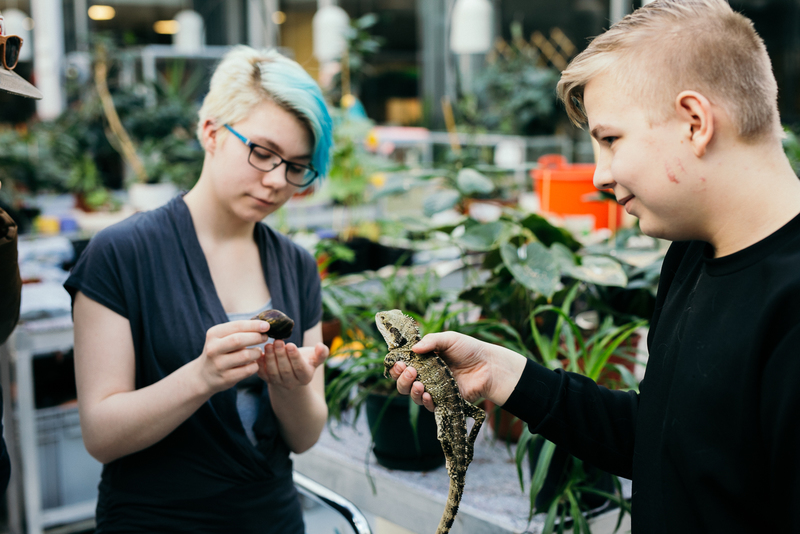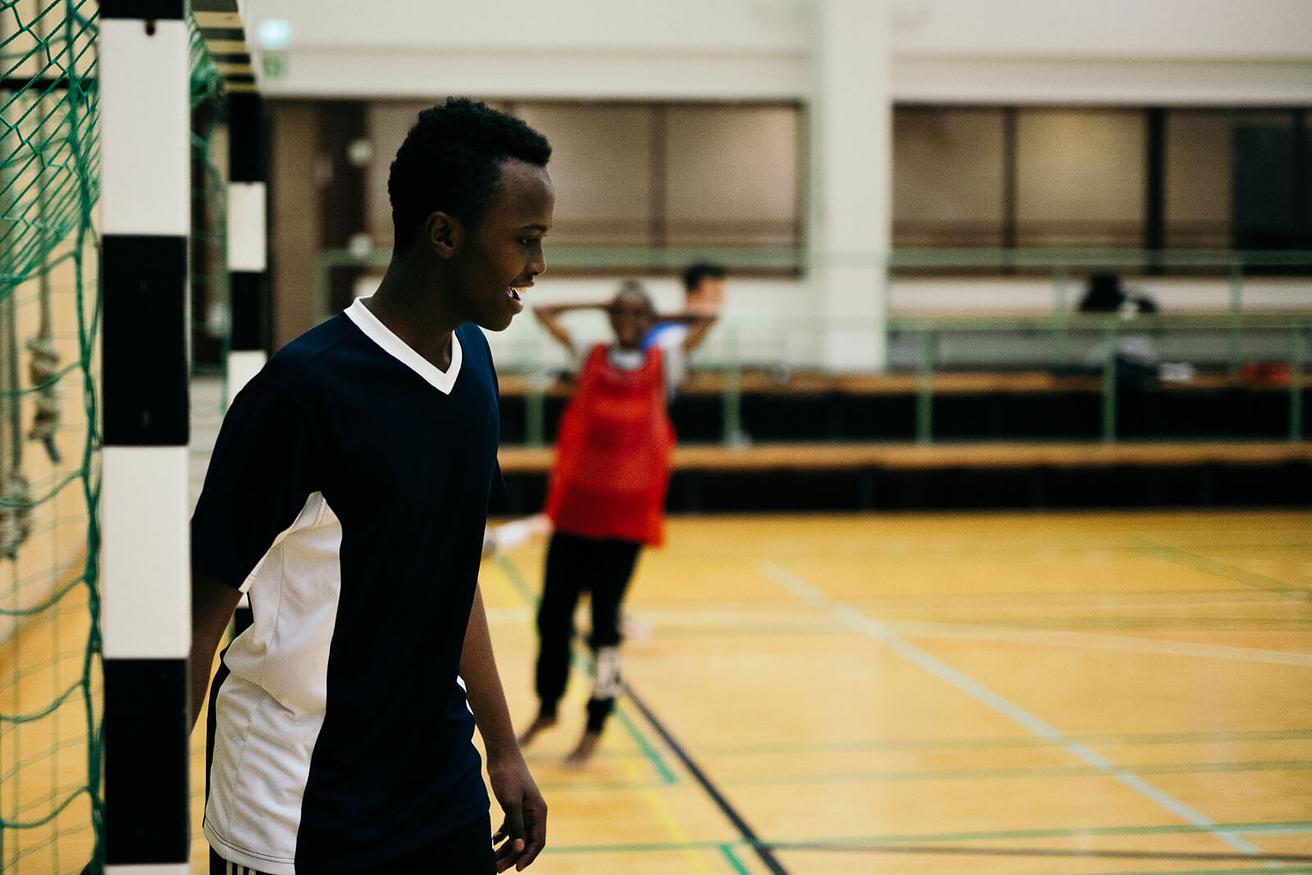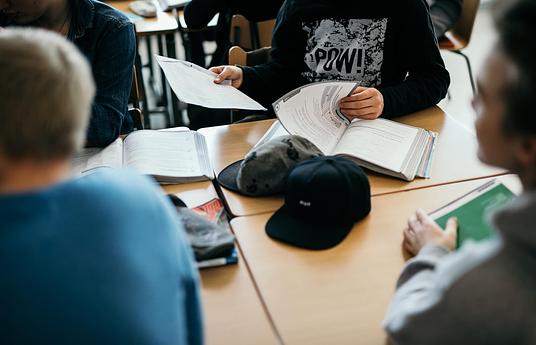Extremist views are overtly present in many different countries around the world at the moment. The one constant in each country is education, and as such, education has a large part to play in keeping societies together and cohesive. This presents an opportunity for education to take the lead on mending fractured societies and to help people from different cultures and backgrounds integrate together.
Olli Vesterinen, Project Manager at the Ministry of Education and Culture of Finland, told us ‘There needs to be a system that ensures young people are socialized into communities that consist of more than just their families and friends. A system in which the curriculum brings together societal communication. The difficulty lies in differentiating values and goals.’
Education can be the antidote to understanding differentiating values and cultural differences and can tackle this difficulty head on. School is the main destination where children have the opportunity to meet people different from themselves. These levels of understanding can come in traditional lessons which explore different culture and traditions, but can also come from other more creative and subtle places within education.
Empathy should not be a luxury, but should be approached as one of the top priorities for schools.
"
It is also vitally important for children who have had to move countries to receive a good education and be properly integrated into their new educational environment. Otherwise we risk having a whole generation of children unable to integrate into society, and their future prospects will become severely limited.
At HundrED we are investigating into innovative ways to tackle these issues. We are trialling the following projects in Finland over the next year, with the idea that they are scalable and can be adopted in other schools and countries globally.
Promoting Culture by Exercising as a Community
Exercise has been recognised as a great way to help promote cultural integration within schools. Sport is a universal language in itself, which can help to bridge the gaps between different cultures and removes the issue of language barriers.

The goal of the initiative is to bring students and their families together and to use sport to develop ideas that further relationship building. Two schools will be taking part in the initiative who will work in partnership with parents, sports facilities in their areas and the Helsinki Sports Department over the course of the program.
The main aim of the innovation is to help students from different backgrounds to integrate into the culture they are surrounded by and to help promote tolerance of others. This can be used for students from different countries as well as students with disabilities. The project hopes to increase student satisfaction, promote healthy relationships between students and their guardians whilst also making sure they get a healthy amount of exercise in their after school activities.
It’s not only sport that is a good way of transcending language and culture, but animals and nature can too. With David Attenborough’s wildlife documentaries now more popular with young people than the reality TV giant The X Factor, animals are a great way to grasp the imagination of school children and to use it to help integrate those who otherwise may be marginalised.

Studies have shown that caring for plants and creatures reduces the potential for exclusion and helps to build a community feeling amongst students. Caring for others instills skills such as empathy and compassion, vital capabilities for our globalized world as we now regularly come into contact with people from different countries and backgrounds.
This innovation will see students in Finland over the next year taking care of an average of fifty animals and plants every week. The initiative will be taking place in Vesala Secondary School, and most of the extra-curricular activities that the school organises will be based on this initiative.

The goal of the initiative is to show the students the amazing things that can happen when humans and animals interact with each other. These interactions will help to bring students from different backgrounds, ages and abilities together, along with increasing their sense of personal responsibility and to make them active learners. The hope is that this will increase wellbeing amongst students, increase their school satisfaction and to make this kind of networking and activity a part of everyday life.
Jani Toivola, member of the Finnish Parliament, explained how vital it is to establish these social skills, ‘Social skills and getting along with others are the most important contributing factors in why there is inequality amongst young people. It feels almost elitist to embody these skills, although they should be the basic tools that everyone has the opportunity of learning.’
Other projects we are currently working on that also tackle the issues that come with immigration are Finnish as a Second Language and Inclusive Teaching.
Empathy, compassion and the ability to understand other cultures is often seen as a luxury subject – not as important as literacy, maths and the sciences. As such, some students may not have adequate opportunities to learn these skills which leads to a lack in social awareness causing societies to fracture later down the line, as it makes it hard for those from different backgrounds to integrate.
Empathy should not be a luxury, but should be approached as one of the top priorities for schools, considering the globalized nature of our world. The world is becoming much smaller. We are all in connection with each other with the increased mobility of peoples, the ability to communicate and work with people from around the world, and the rise in technologies and social media connecting us all together.
The initiatives we are trialling help to bridge these gaps in creative ways. It will be interesting to see the results over the next year and to see if other schools adopt similar practices.






